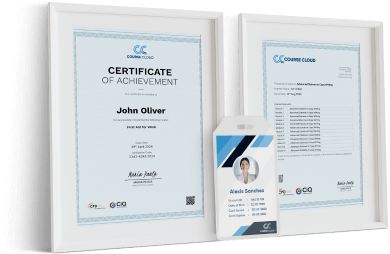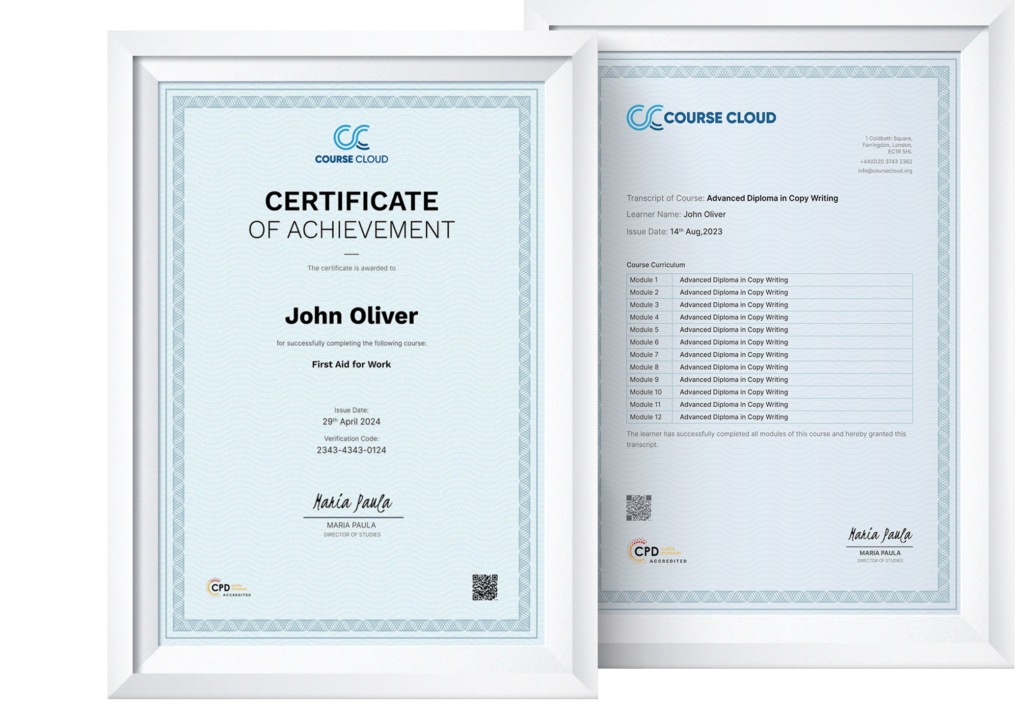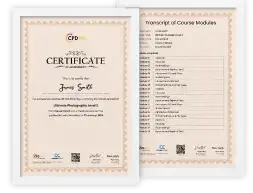-
×
 Complete English Course - Beginner Level
1 × £25
Complete English Course - Beginner Level
1 × £25 -
×
 PDF Certificate (Special Gift for You)
3 × £5.99
PDF Certificate (Special Gift for You)
3 × £5.99 -
×
 Diploma in Excel Vlookup Xlookup Match and Index
1 × £25
Diploma in Excel Vlookup Xlookup Match and Index
1 × £25 -
×
 Diploma in Interior Design
1 × £25
Diploma in Interior Design
1 × £25
Subtotal: £92.97


 Get Accredited Certificate
Get Accredited Certificate




 ALL COURSES FOR £49
ALL COURSES FOR £49







